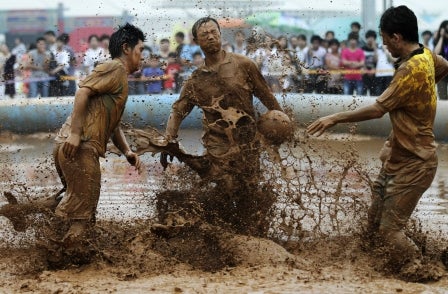
Associated Press last month released the Dirty Game Series, a string of in-depth multimedia packages on match-fixing in football.
The idea came about after it was revealed that Europol, the European Union police body, had found nearly 700 “suspicious” matches around the world since 2008.
Here, AP Europe editor Niko Price explains how the series was completed.
You've reached your limit of free articles
Please register now to continue reading
Already registered? Log in here
